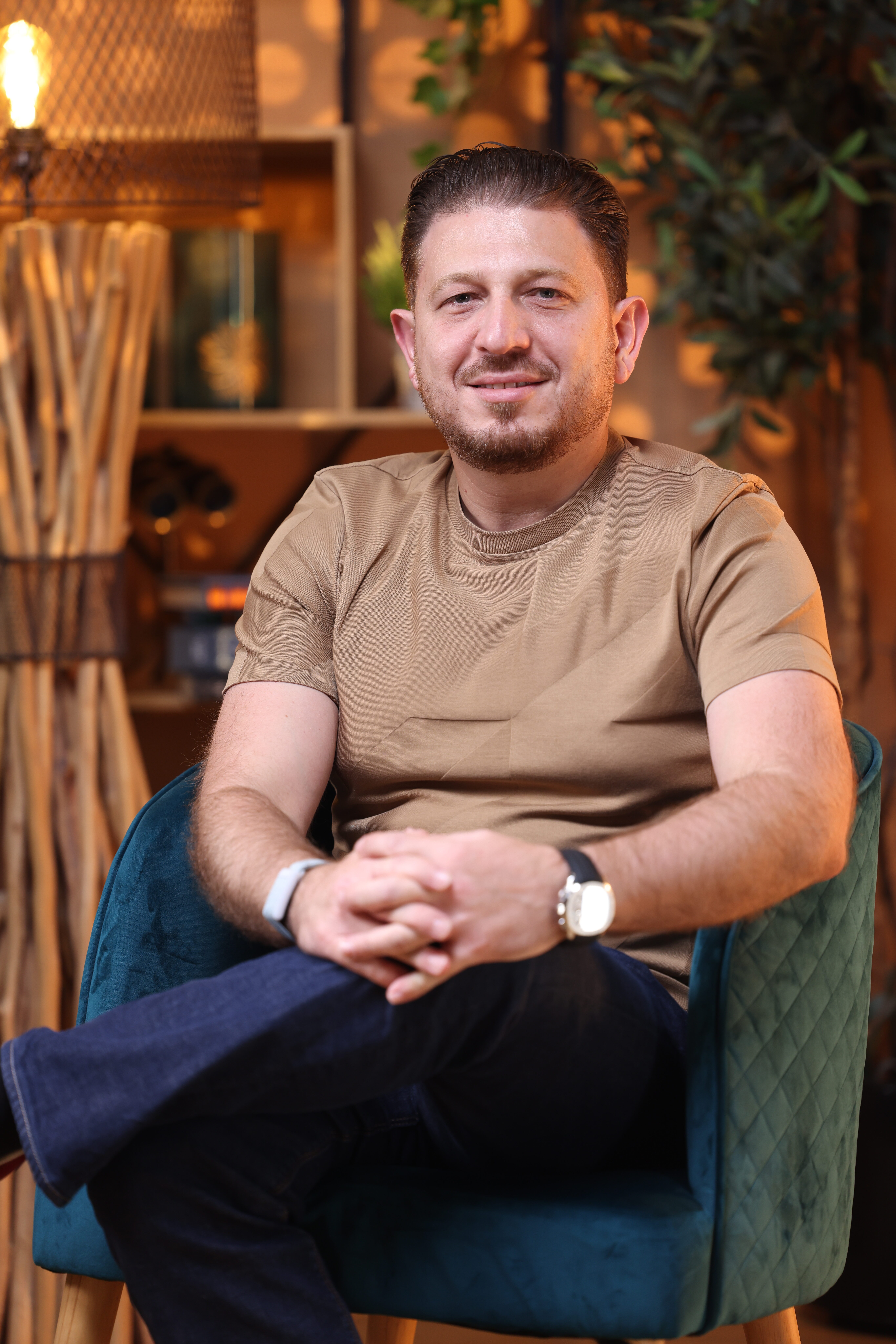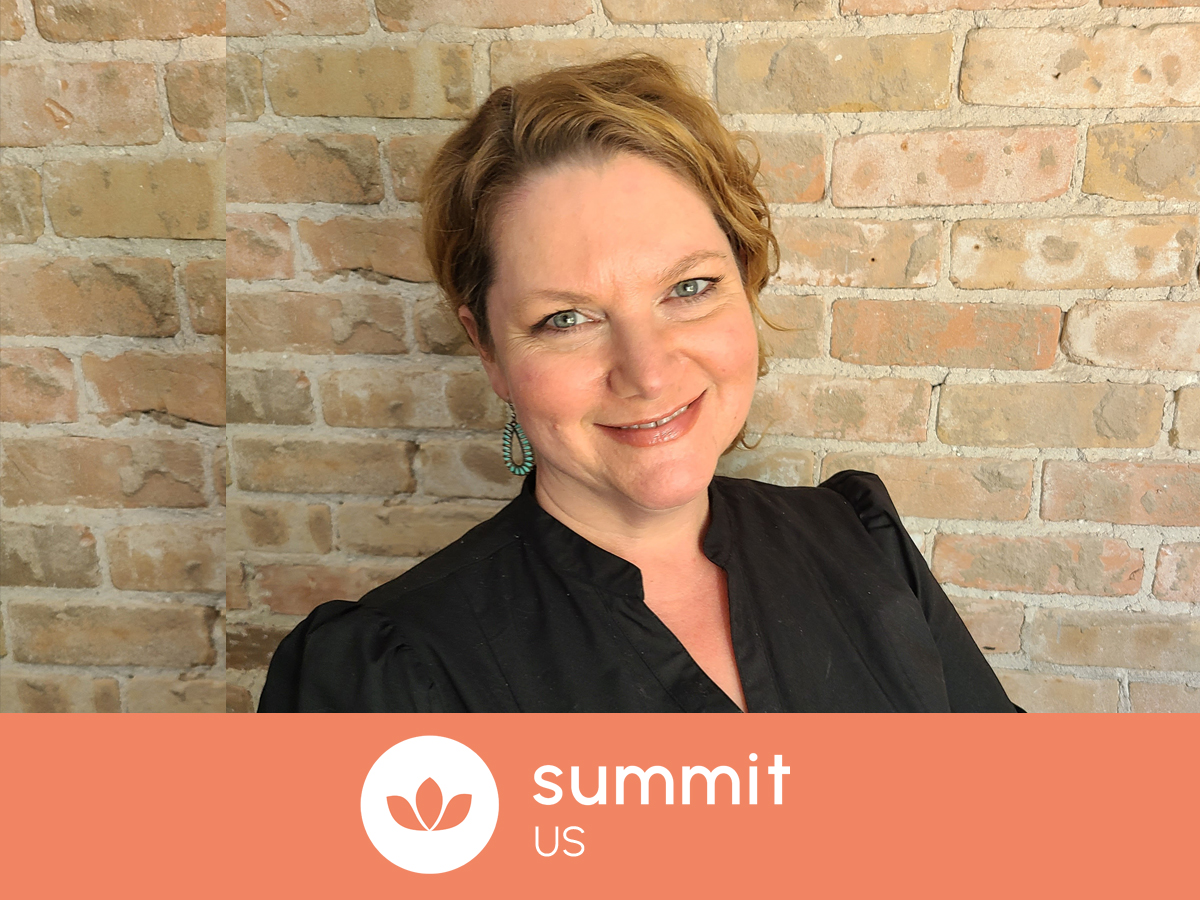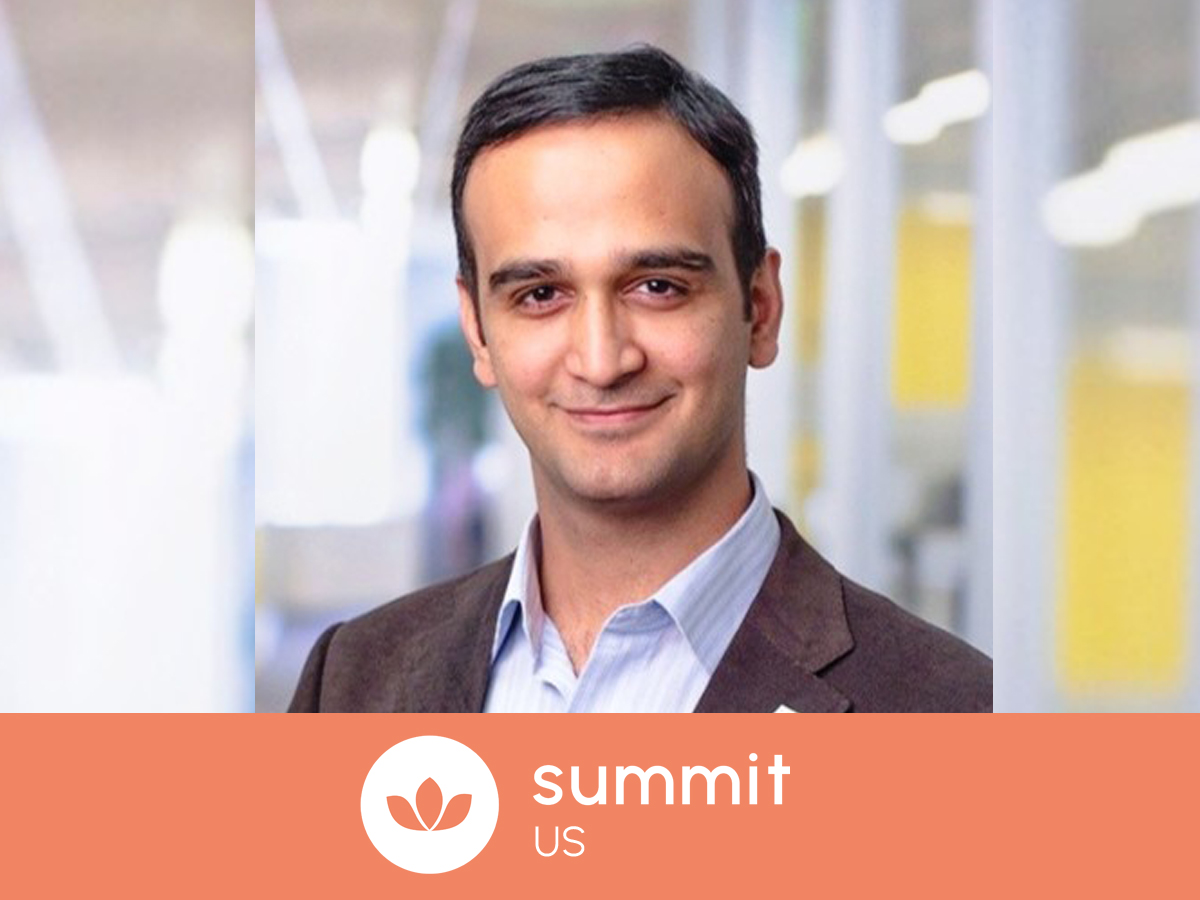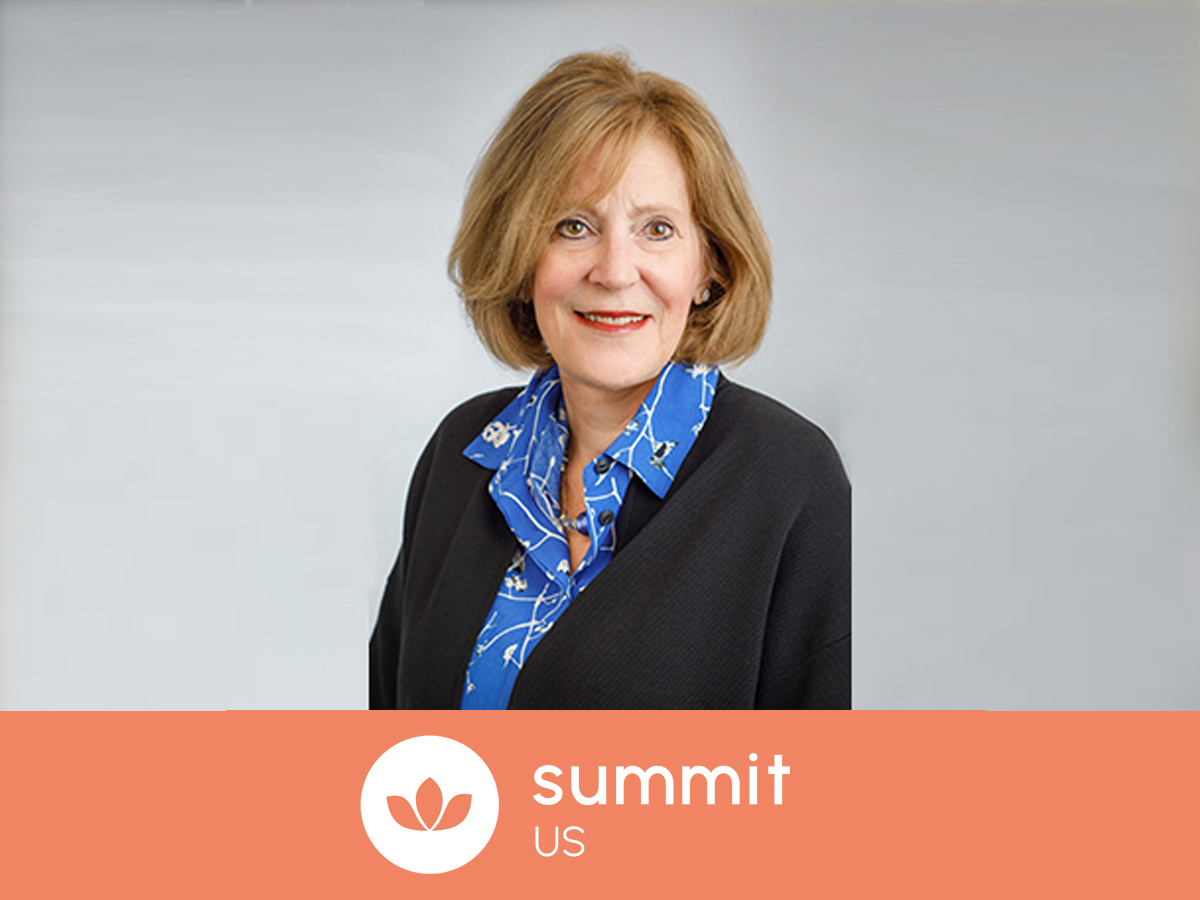
A forward-thinking serial entrepreneur and corporate strategist based in Dubai, renowned for his commitment to enhancing organizational wellbeing, Mohammed has been building and leading successful ventures across multiple sectors since his early 20s in areas including Aviation, Technology, Sport and Wellness. His deep conviction that employee wellbeing is central to organizational success led him to establish VIWELL in 2021 – a wellness solutions company focused on fostering a thriving, balanced workforce.
Through his work, Mohammed Husary is shaping a world where wellbeing is at the core of business strategy and the foundation for a prosperous, sustainable future.
We are delighted to announce that Mohammed will be speaking in Riyadh this February as part of our Wellbeing at Work Summit Middle East. We caught up with him to find out how he’s feeling in the run up to the summit.
Hi Mohammed, we are thrilled you will be speaking at our Wellbeing at Work Summit Middle East in February. Our first and most important question is, how are you doing today?
I’m doing great, thank you for asking. It’s been a productive day with lots of exciting projects in the works. I’m always focused on moving things forward and new opportunities, but it’s also important to make a few moments to appreciate the progress being made.
As a leader based in the region, what are the main challenges you are facing when it comes to employee wellbeing and mental health?
Certainly, the main challenges I see when it comes to employee wellbeing and mental health surround stress, uncertainty, and resources. For example, high stress levels are often experienced by employees because of demanding work environments and long hours. This inevitably leads to burnout and decreased productivity. Work-life balance is another challenge. Many employees struggle to balance their professional and personal lives, which can negatively impact their mental health and overall wellbeing. Sadly, there remains some stigma associated with mental health issues, which can often prevent employees from seeking the help they need. Another significant challenge is negative behaviour such as bullying, harassment, and lack of support from colleagues and management can significantly impact employee mental health. Adding to that there is often a shortage of mental health professionals and resources, making it difficult for employees to access the support they need. Untreated mental health issues can lead to significant economic consequences, including lost productivity and increased medical costs. Separate from that issue, constant organizational and societal changes can create a sense of uncertainty and anxiety among employees. Addressing these challenges requires a comprehensive approach that includes promoting mental health awareness, providing support resources, and fostering a positive and inclusive workplace culture.
Simultaneously, implementing well-being programs that resonate with the local culture is a significant challenge. The region has its unique values and traditions, and what works in other parts of the world may not necessarily be effective here. Tailoring mental health and well-being initiatives to be culturally relevant while still promoting openness and support is crucial, but it’s not always easy. And while the conversation around workplace well-being is becoming more prominent, gaining full leadership buy-in remains a hurdle. Some leaders still view these initiatives as secondary or “nice-to-have,” rather than essential to organizational success. This lack of understanding can delay or dilute efforts to implement meaningful change.
What strategies have you seen developing over the past 6 months, both internally and externally, that are moving the dial on wellbeing in the workplace?
Over the past six months, several strategies have emerged both internally and externally to enhance employee wellbeing and mental health in the region and globally. From an internal viewpoint, organizations are focusing on creating a culture of psychological safety where employees feel comfortable sharing their thoughts and concerns without fear of judgment or retribution. Companies are also implementing policies that promote work-life balance, such as flexible working hours and remote work options. There has also been an increase in mental health programs, including access to counselling services, mental health days, and stress management workshops. Finally, from an internal standpoint, efforts are underway to create more inclusive and diverse workplaces have been prioritized, ensuring that all employees feel valued and supported.
Looking at external developments, governments in the region are enacting legislation to address psychosocial risks in the workplace, ensuring that mental health is considered a part of occupational safety. There has also been a rise in community-based initiatives and partnerships with local organizations to provide support and resources for employee wellbeing. The use of technology, such as AI-driven mental health support tools, is becoming more prevalent to provide personalized support and predict potential mental health issues.
Globally, the shift to remote and hybrid work models has led to new strategies to support employee wellbeing, including virtual communication skills training and ergonomic home office setups. We are also seeing a growing focus on financial education and support to help employees manage financial stress and improve their overall wellbeing. Finally, wellbeing programs are increasingly adopting a holistic approach, addressing not just physical health but also mental, social, and spiritual wellbeing. These strategies are helping to move the dial on workplace wellbeing by creating more supportive, inclusive, and resilient work environments.
Why is employee wellbeing so important to you personally?
I have been an entrepreneur since my early 20s and having led successful companies since then, I understand that an organisation’s employees is its greatest asset. I’ve learnt that ensuring they enjoy the best quality of life they possibly can, as well as being an obligation for any good leader, is also excellent for business performance and productivity. This is what inspired me to establish VIWELL. I passionately believe that wellness is the right of us all. And I am determined to support as many people attain optimal wellness and realise their full potential as possible.
What impact is AI having in your organization and how are you managing that?
AI has been transformative in reshaping how organizations operate—streamlining workflows, automating repetitive tasks, and enhancing data-driven decision-making. However, we recognize the potential stress from the rapid pace of technological change. To address this, we are encouraging awareness and understanding AI’s impact, and ensuring that AI tools complement, rather than replace, human efforts.
Other than AI, are there any challenges that you are seeing for the first time and how are you addressing them?
There are a few emerging challenges we’ve been facing for the first time, and we’re actively working on addressing them. They include hybrid work model transition, rapid technological advancements, employee mental health awareness, sustainability and corporate responsibility, and talent retention and attraction.
- Adapting to a hybrid work model, balancing remote and in-office work, has posed unique challenges, such as maintaining team cohesion and ensuring equal access to resources and opportunities for all employees. We’ve implemented regular virtual team-building activities, invested in collaboration tools, and established clear communication guidelines to ensure everyone stays connected and engaged, regardless of their location.
- The pace of technological change can be overwhelming, requiring constant learning and adaptation. We have introduced continuous learning and development programs, encouraging employees to stay updated with the latest technologies through workshops, online courses, and certifications.
- The increased awareness and need for mental health support have highlighted gaps in our existing support systems. We have expanded our mental health resources by partnering with mental health professionals, offering regular wellness check-ins, and promoting a culture of openness and support around mental health issues.
- The competition for top talent has intensified, making it challenging to attract and retain skilled employees. We’ve enhanced our employee value proposition by offering competitive salaries, flexible working conditions, career development opportunities, and a strong focus on creating an inclusive and supportive workplace culture.
- There is growing pressure to address environmental and social responsibilities, which requires integrating sustainable practices into our operations. We are implementing sustainability initiatives, such as reducing our carbon footprint, supporting community projects, and ensuring ethical supply chain practices. We’ve also set measurable goals to track our progress in these areas.
By proactively addressing these challenges, we’re striving to create a resilient and adaptive organization that supports the wellbeing and growth of our employees.
What areas do you think employers should be focused on over the next 12 months?
Over the next 12 months, employers should focus on mental health support, work-life balance, employee engagement, physical health, and inclusivity and diversity.
- Provide employees with access to mental health resources, such as counselling services, mental health apps, and employee assistance programs (EAPs).
- Promote mental health awareness through workshops, training sessions, and open discussions to reduce stigma and encourage employees to seek help.
- Offer flexible working hours, remote work options, and compressed workweeks to help employees balance their professional and personal lives.
- Encourage employees to take regular breaks and vacations to recharge and prevent burnout.
- Implement recognition programs to acknowledge and reward employees’ hard work and achievements. This can include bonuses, awards, and public recognition.
- Provide opportunities for career growth and development through training programs, mentorship, and clear career progression paths.
- Offer wellness programs that include fitness classes, health screenings, and nutrition workshops to promote physical health.
- Ensure the workplace is ergonomically designed and provides a healthy, safe, and comfortable environment for employees.
- Foster an inclusive workplace culture where all employees feel valued and respected, regardless of their background or identity.
- Implement diversity and inclusion initiatives to attract and retain a diverse workforce.
- Establish open and transparent communication channels to keep employees informed and engaged. Encourage regular feedback and active participation in decision-making processes.
- Ensure that leadership is approachable and actively engages with employees to build trust and a sense of community.
- Provide financial education programs to help employees manage their finances better and reduce financial stress.
- Offer competitive compensation packages, retirement plans, and other financial benefits to support employees’ financial wellbeing.
By focusing on these areas, employers can create a supportive, engaging, and productive work environment that prioritizes employee wellbeing and enhances overall job satisfaction.
Do you feel that investment in employee wellbeing in the region is increasing or decreasing and is that a direct reflection on HR leaders’ increasing ability to demonstrate effective returns of their strategies to leadership?
I believe investments in employee well-being are on the rise, largely due to a growing recognition of the direct connection between well-being and key business outcomes like productivity, retention, and overall performance. HR leaders are becoming increasingly skilled at demonstrating the value of these initiatives by tying them to measurable results such as reduced absenteeism, higher employee engagement, and improved morale. By showcasing these tangible benefits, HR leaders are better able to secure leadership buy-in and ensure that well-being remains a top priority in the organization.
How has your organization been leading the way?
At VIWELL, our commitment to employee well-being is at the core of our business, forming the foundation of our positive workplace culture. We’ve focused on creating a culture that supports healthier work practices and promotes a better work-life balance for our people. To achieve this, we’ve addressed well-being through various pillars, ensuring we meet the diverse needs of our employees comprehensively. Making well-being a central part of our strategy, we’ve created an environment where employees feel supported and empowered, leading to improved retention, performance, and a stronger organizational culture.
Mohammed will be speaking in Riyadh at the Wellbeing at Work Summit Middle East which takes place in Riyadh, Dubai, Cairo and virtually. Further details on the Summit can be found here.



